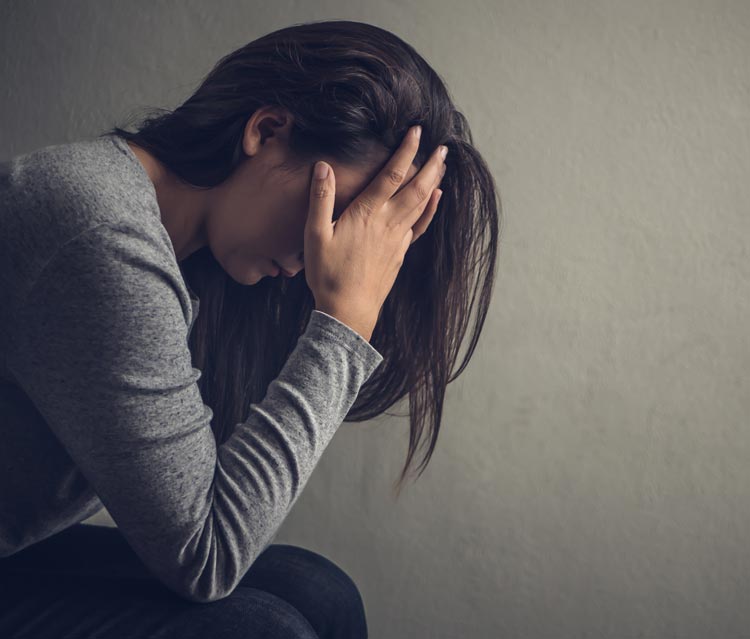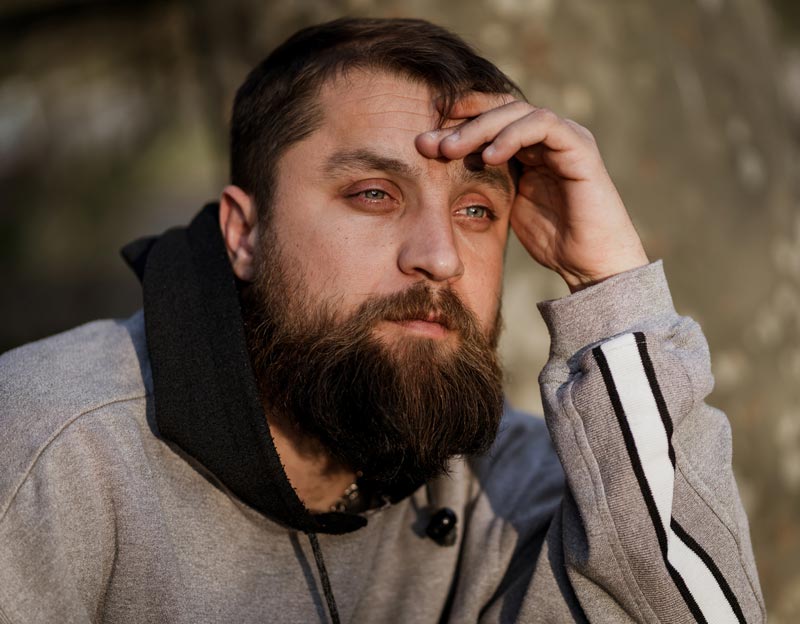Benzodiazepine Treatment

Benzodiazepines Addiction Treatment in Iowa
Benzodiazepine (benzos) addiction is a serious issue. The therapeutic value of these medications must be balanced with the potential for addiction every time a doctor prescribes them. Unfortunately, some people use benzos who were never prescribed these drugs for the effects they produce. These are the ones who are at the highest risk of developing a drug addiction.
What are Benzodiazepines?
Benzodiazepines are a Schedule IV controlled substance. They work by depressing or slowing down the body’s central nervous system (CNS), which includes the brain and the spinal cord. Medications impacting the CNS will affect the user’s mind and body. Benzos act on the brain receptors called GABA-A (gamma-aminobutyric acid-A), producing a calming effect when consumed.
Benzodiazepines are a class of drugs that are prescribed to treat numerous medical conditions, such as anxiety and insomnia. They are considered relatively safe when used as prescribed. When used over the long term, benzodiazepines can be addictive. This type of medication is often prescribed in conjunction with other medicines, such as antidepressants, anticonvulsants (to treat epileptic seizures), and blood pressure medications.
Are you looking to take back your life?
515-220-1522
Treatment Paths
Recent Posts
These medications are also prescribed to patients undergoing detoxification (detox) from drugs or alcohol, pre-surgical sedation, chemotherapy, and involuntary movement disorders. Benzodiazepines are often prescribed. Four of them are among the most commonly prescribed medications:
- Ativan (lorazepam)
- Klonopin (clonazepam)
- Valium (diazepam)
- Xanax (alprazolam)
Short-term Effects of Benzodiazepine Use
Benzodiazepines commonly affect users in these ways:
- A sense of being detached from reality
- Blurred vision
- Confusion
- Constipation
- Diarrhea
- Dizziness
- Dry mouth
- Headache
- Impaired vision
- Light-headedness
- Loss of inhibitions
- Muscle weakness
- Nausea
- Relief from anxiety
- Sense of euphoria
- Sleepiness
- Trouble with coordination
Long-term Effects of Benzodiazepine Use
- Anxiety
- Aggression
- Depression
- Drowsiness, sleepiness, and fatigue
- Headaches
- Impaired thinking
- Insomnia
- Irritability
- Lethargy and lack of motivation
- Memory loss
- Nausea
- Personality change
- Paranoia
- Restlessness
- Skin rashes
- Slurred speech
- Suicidal thoughts or behaviors
- Trouble sleeping or disturbing dreams
- Unsteadiness
- Weakness
- Weight gain
- Withdrawal

Why Benzos Are Dangerous
Benzodiazepines produce a similar impact on the body to alcohol and opioids due to their shared effects on the CNS. When they are combined with other depressants, the side effects of benzos are multiplied. The drugs interact and produce more significant side effects. In addition, benzodiazepine withdrawal is a syndrome that can be life-threatening.
The symptoms and enhanced effects of combining benzos with other types of depressants are:
- Decreased physical functioning and slower reaction times
- Higher likelihood of dependence and addiction
- Increased likelihood of long-term physical and mental health conditions
- Increased risk of overdose
- Loss of cognitive functioning
- Respiratory depression (slowed or stopped breathing)
Signs and Symptoms of Benzodiazepine Withdrawal
Since benzodiazepine withdrawal can potentially be deadly, it’s important for anyone who is physically dependent or addicted to consult a doctor or go to a medical detox facility before withdrawal symptoms begin.
Common withdrawal symptoms associated with benzos include:
- Anxiety attacks
- Body aches
- Depression
- Hallucinations
- Hyperventilation
- Insomnia
- Muscle spasms
- Nausea
- Panic attacks
- Sweating
- Trouble concentrating
- Weight loss
- Vomiting
Ivory Plains Offers Help for Benzodiazepine Addiction
Treatment for benzodiazepine addiction at Ivory Plains Recovery begins with detoxification (detox) services. Until a client is completely free from the influence of chemicals (drugs and alcohol), they can’t progress to the next stage of treatment. If a client is still using benzos, they must go through detox at our premier detox facility.
Who can benefit from Ivory Plains Detox Services?
Ivory Plains’ detox program can help clients in these circumstances:
- They are intoxicated.
- They are already experiencing withdrawal symptoms from benzodiazepines.
- They have an emotional or cognitive impairment and require some stabilization and emotional preparation before they start treatment.
Our substance use detox program is a welcoming place staffed by caring and qualified nurses. It is supervised by physicians and exceeds all state standards of care. Clients undergoing detox are supervised, and measures are taken to keep them comfortable as they complete detox.

Ivory Plains Benzodiazepine Addiction Treatment
Once our clients have completed their medically supervised detoxification, they move on to our residential treatment program. During this phase of treatment, the goal is to help our clients work on healing in a non-judgmental, healing environment.
Most clients stay in our inpatient treatment program for 30 days in a co-ed, structured setting focused on early recovery. Each client follows an individualized treatment plan that includes the following:
- 12-step group meetings
- Addiction services
- Early recovery skills development
- Family counseling
- Group therapy sessions
- Individual therapy sessions
- Trauma-informed care
At Ivory Plains Recovery Center, our holistic residential treatment program focuses on the entire person: body, mind and soul. We believe this focus is critical for a successful, long-term recovery.


